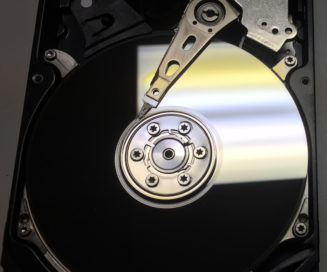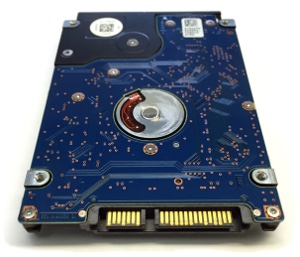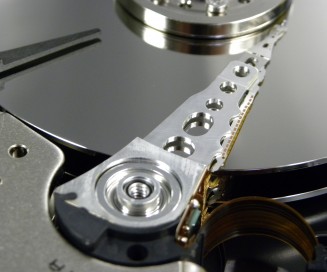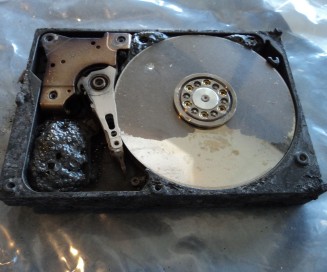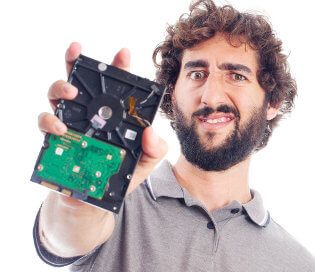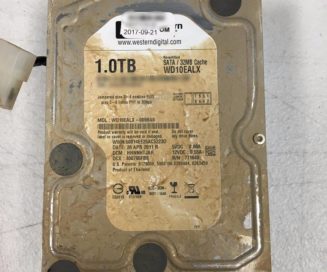Looking for something? Refine your search
- Categories
- Backup
- Cloud
- Computer Forensics
- Computing and CPU Power
- Cryptocurrency
- Damage
- Data Loss Prevention
- Data Recovery Knowledge
- Data Recovery News
- Data Recovery Service
- Data Types
- Database
- Digitization
- Encryption
- Flash Drive
- Hard Disk
- Investing and the Stock Market
- Mac/Apple
- Media
- Mobile Device
- NAS
- Network Security
- Office Documents
- Outreach
- Photos & Images
- RAID
- Ransomware Recovery
- Removable Media
- SAN
- Secure Deletion
- Server
- Services
- SSD
- Storage Industry
- Tape
- Uncategorized
- Video
- Tags
- actuator
- Apple
- backup
- bitcoin
- breach
- clean room
- clone
- computer forensics
- cryptocurrency
- cybercrime
- data recovery software
- data recovery tips
- decision tree
- EEPROM
- encryption
- ethereum
- exploit
- financial records
- fire damage
- flood
- guide
- hard drive data recovery
- hard drive failure
- hard drive manufacturers
- head ramps
- helium
- how to
- hurricane
- iOS
- landing zone
- leak
- Mac
- Mac OS
- machine learning
- macos
- Midwest
- migration
- music data recovery
- NAND
- NFT
- NVRAM
- operating system
- OS X
- parts
- password
- PCB
- Phoenix
- power surge
- RAID
- ransomware
- rebuilt
- SATA
- SaveMyFiles
- SSD
- statistics
- storms
- tornadoes
- TRIM
- video conversion
- virus
- water damage
- wildfires
- windows 10
- windows 10 guide
External Hard Drive Data Recovery
External hard drives (HDDs) are commonly used for backup and for additional storage. They provide more control over data than cloud storage services, and they’re significantly less expensive than external solid-state drives (SSD). But while external HDDs are inexpensive and...
February 29, 2024
A Look at Seagate’s “Nanophotonic” Hard Drive Architecture
Seagate Technology has announced a new hard drive architecture utilizing a “nanophotonic laser,” which leverages heat-assisted magnetic recording (HAMR) technology to allow for extremely high capacities. HAMR isn’t brand-new tech, and many other manufacturers are experimenting with similar lasers. If...
February 1, 2024
How Long Can I Wait Before Sending a Hard Drive for Data Recovery?
If you need data recovery, but you can’t quite afford it, you might consider putting your hard drive (or solid state drive, or other device) into storage until you’re able to get the money together. Clients often ask us whether...
January 15, 2024
Is Every Hard Drive Compatible with Every Computer?
If a hard drive can be plugged into your computer, it should work in most circumstances. You’ll need to format the drive to use a filesystem that is compatible with your operating system. For example, if you use Windows, the...
December 15, 2023
Does a Full Hard Drive Weight the Same as an Empty Hard Drive?
Recently, we had a client ask whether data has a physical weight. This isn’t a bad question — although if you understand the basics of magnetic data storage, there’s an obvious answer. A hard drive filled with terabytes of data...
December 12, 2023
3 Signs of an Overheating Hard Drive
Hard disk drives (HDDs) can function in a fairly wide range of conditions, but high operating temperatures can lead to mechanical issues. Generally, manufacturers recommend that hard drives operate within a range of 77-133 degrees Fahrenheit (25-45 degrees Celsius). Your...
October 25, 2023
Can a Magnet Destroy Data on a Hard Drive?
Hard drives store data magnetically — the read/write heads float above platters, which are disks coated with a thin layer of magnetic material. The actuator heads rely on magnetism, so it’s logical to wonder whether another magnet could interfere with...
July 12, 2023
The Hard Drive Freezer Trick: Debunking the Oldest Data Recovery Myth
Can you freeze a broken hard drive to restore it to a functional condition and recover the data? No, you cannot — at least, not anymore. The “freezer trick” was one of the first data recovery methods to hit the...
July 10, 2023
Why You Shouldn’t Use Rice to Dry Hard Drives (or Anything Else)
When we treat water-damaged hard drives, solid-state drives, and other storage devices, we often receive the devices in plastic bags filled with white rice — which tends to complicate the data recovery process. Of course, “put it in a bag...
May 26, 2023
Hard Drive Seek Error Rate What It Means (And Why It Matters)
Seek error rate is a hard drive performance metric reported through Self-Monitoring, Analysis, and Reporting Technology (SMART) tools. Hard drives, solid-state drives, and other storage devices use SMART to monitor for issues that may indicate an impending failure. For hard...
May 3, 2023


